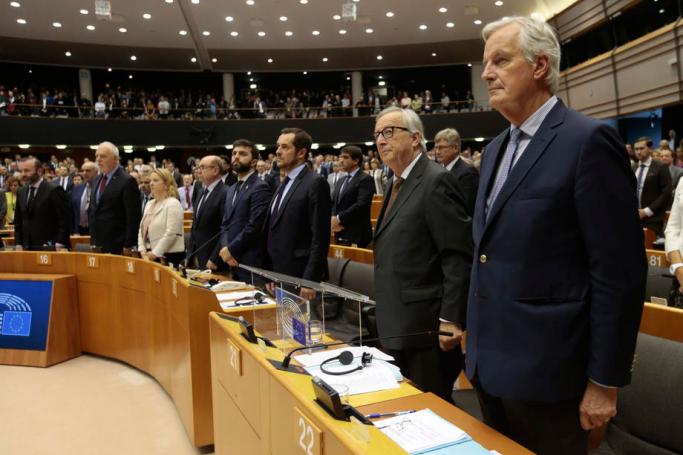Members of the European Union Parliament intending to move a draft resolution on Citizenship Amendment Act (CAA) should engage with the Indian government to get a full and accurate assessment of the facts with respect to the legislation "before proceeding further", sources said on Sunday.
Calling CAA an internal matter of India, the sources said that the EU Parliament should not take actions that call into question the rights and authority of democratically elected legislatures in other regions of the world. "We are informed that some members of the EU Parliament intend to make a draft resolution on the Citizenship Amendment Act. The CAA is a matter that is entirely internal to India. Moreover, the legislation has been adopted by due process and through democratic means after a public debate in both Houses of Parliament," the sources said.
"Every society that fashions a pathway to naturalisation, contemplates both a context and criteria. This is not discrimination. In fact, European societies have followed the same approach," the sources pointed out.
"We hope sponsors and supporters of the draft will engage with us to get a full and accurate assessment of the facts before they proceed further. As fellow democracies, EU Parliament shouldn't take actions that call into question the rights and authority of democratically elected legislatures in other regions of the world," they added.
The amended Citizenship Act grants citizenship to Hindus, Sikhs, Jains, Parsis, Buddhists and Christians fleeing religious persecution from Pakistan, Afghanistan, and Bangladesh and who came to India on or before December 31, 2014.
Courtesy ANI












